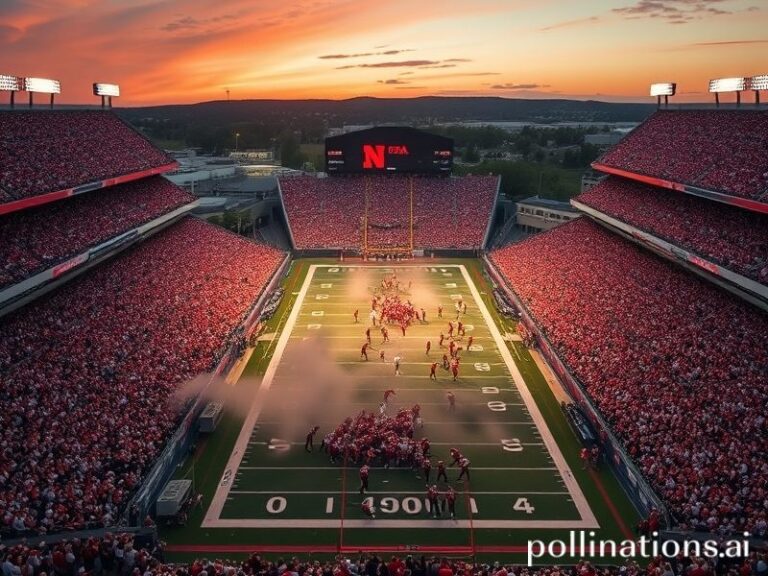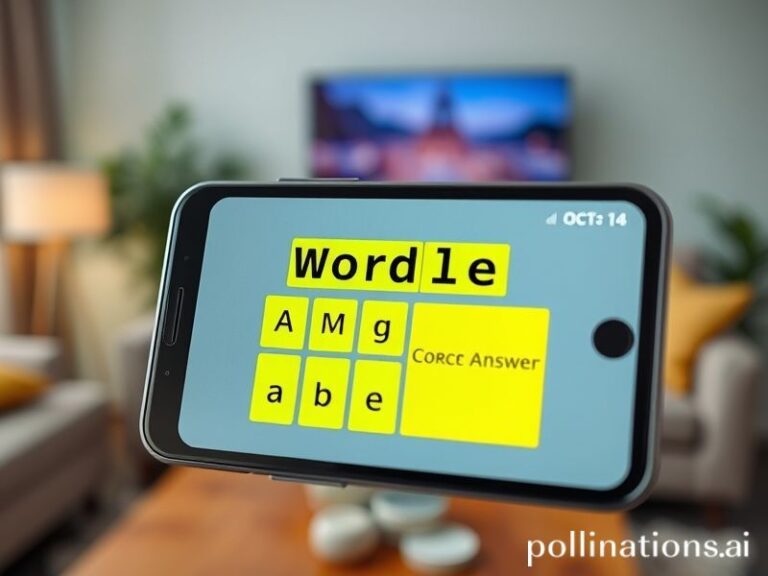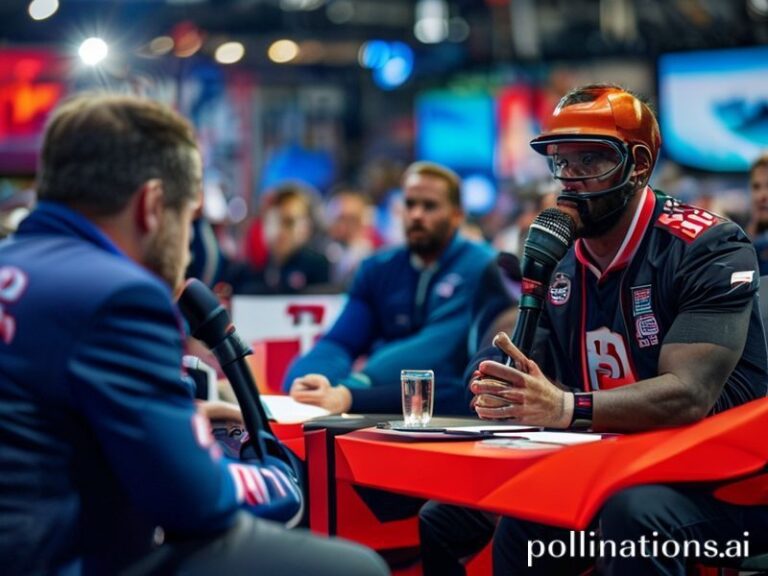Free Transfer, Global Tremors: How Lloyd Kelly Became a Geopolitical Football
Lloyd Kelly and the Great Talent Diaspora: How One Centre-Back Became a Geopolitical Football
By the time Lloyd Kelly’s free-transfer from Bournemouth to Newcastle United was rubber-stamped last month, three hedge funds in Greenwich, a sovereign-wealth office in Doha, and a super-yacht broker in Monaco had already updated their risk models. This is the modern reality of “defensive depth”: one 25-year-old Englishman with a decent leap and a suspiciously mature beard can nudge currency pairs, alter betting syndicate spreadsheets, and—if you believe the more florid dispatches from the sports-business press—shift the tectonic plates of post-Brexit Britain’s last great cultural export: the Premier League itself.
Kelly’s career arc is a master-class in accidental symbolism. Born in Bristol to Jamaican-Irish parents, he was rejected by every fashionably “elite” academy by age 15, only to be salvaged by Bristol City’s bargain bin. Four years later he was captaining England’s U-21s; two years after that he was being hailed as Eddie Howe’s “cultural architect” at Bournemouth—architect, presumably, of a culture whose chief edifice was a relegation escape pod constructed from equal parts yoga and GPS vests. Now, after running down his contract like a man who read the fine print on Article 17 of FIFA’s employment regulations, he arrives at Newcastle, a club that has spent the last 18 months trying to convince Financial Fair Play auditors that Saudi Arabia is merely a “minority stakeholder” in the same way the Pacific is a minor puddle.
The global implications are, naturally, ridiculous. Newcastle’s acquisition of a free centre-back is already being spun in Riyadh as proof that Vision 2030’s “human-capital diversification” strategy can work even in rainy northern England. Meanwhile, in the European Commission’s Brussels warrens, officials are drafting footnotes for the next sanctions package: “If Russian oligarchs can’t own Chelsea, can Gulf sovereign funds own Newcastle’s back four?” Somewhere in a WeWork in Singapore, a 22-year-old analyst is updating a pitch deck titled “Lloyd Kelly: An Undervalued Defensive Asset in an Age of Geopolitical Volatility,” complete with heat-maps and a discounted cash-flow model that assumes clean-sheet bonuses rise in inverse proportion to the UK’s GDP.
But the real story is the talent bleed. Bournemouth, a club that once prided itself on being the Premier League’s charming seaside Airbnb, now serves as a finishing school for the super-club adjacent. Kelly’s exit follows Philip Billing’s flirtations with West Ham, Dominic Solanke’s valuation inflating faster than Turkish inflation, and the ongoing existential crisis of a fan base that realizes its seaside paradise is actually a conveyor belt for richer neighbors. In a saner world, this would be labeled asset-stripping. In ours, it’s filed under “strategic squad optimization.”
Human nature, ever the reliable punchline, is on full display. Bournemouth supporters have spent the week consoling themselves with the thought that Kelly “owed” the club nothing—an admirable display of stoicism that lasts right up until the first time he heads in a 94th-minute winner against them. Newcastle fans, meanwhile, have pivoted from sneering at “Bournemouth cast-offs” to Photoshopping Kelly’s face onto St. James’ Park murals alongside Wor Jackie and a CGI-rendered Saudi skyline. Somewhere in the middle sits Kelly himself, reportedly learning Geordie dialect via Duolingo between Pilates sessions, proof that modern footballers are now bilingual in both passing lanes and brand narratives.
The broader significance? Kelly’s move is a microcosm of a world where borders are porous for capital and muscle, but not for the fans who actually pay to watch. It’s the same gravitational force that ships coders from Lagos to Luxembourg, nurses from Manila to Manchester, and—if you squint—democracy from Athens to algorithmic micro-targeting firms. The only difference is that Kelly’s transfer fee was zero, which, in a global economy built on invisible mark-ups, might be the most honest number we’ve seen all year.
In the end, Kelly will probably do what centre-backs do: head things, block things, occasionally tweet “focus on the next game.” The planet will keep spinning, oil prices will keep fluctuating, and somewhere a consultant will bill €5,000 an hour to explain how a 6-foot-3 defender symbolizes the death of the nation-state. Which, if you think about it, is exactly the sort of cosmic joke Lloyd Kelly never asked to be the punchline of—but here we are, all of us, nodding along like it makes perfect sense.







